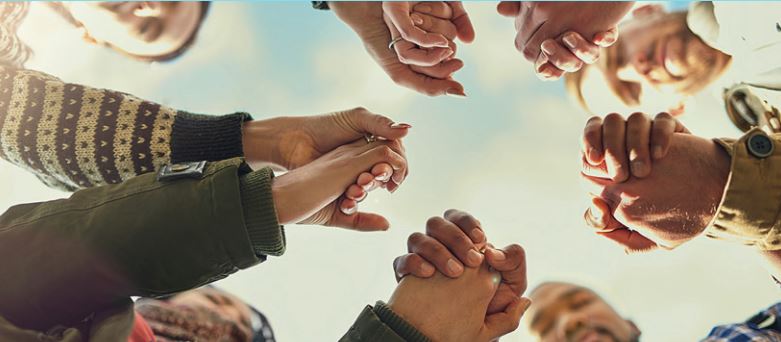
Brent Dickerson understands the life of an addict. He is in recovery himself and has experienced, both inpatient and outpatient treatment. Today, Dickerson is a Certified Recovery Peer Advocate and works as a recovery coach and peer specialist for the Council on Alcoholism and Substance Abuse/Trinity, a private not-for-profit organization in Genesco, New York, that provides treatment for chemically dependent men, and women, adolescents, and their families.
How it Works
Dickerson remembers when he heard about the Connections app. At first, he thought it was nothing more than another social media platform. But once he started exploring all the app’s features, he realized it was different. There was no shaming or negativity. The Connections app was designed around the idea of peers helping peers. And it works.
“Who wouldn’t like to have 24-hour support, especially when it’s 3 a.m. and you need people to talk to,” says Dickerson. “Whether it’s just looking for a safe, sober place to have some fun, or they’re on the verge of relapsing, the Connections App can locate the nearest support resource, along with contact information.”
Brent Dickerson, CRPA, Recovery Coach and Peer Specialist
As part of its treatment program, the Council on Alcoholism and Substance Abuse/Trinity has a certified peer specialist at each of its clinics so patients have easy access. When entering the program, each patient has at least 15 minutes of one-on-one time with the peer specialist so they can get to know each other. The peer specialist uses part of that time to show the patient a demo of the Connections app, walking them through all the features, such as videos on demand, support locator, and the Recovery Help button, which alerts peers and caregivers that the patient needs immediate assistance. One such patient did just that when he became suicidal. He reached out to a peer specialist who was on the app at the time. The specialist quickly called 911, and then got the patient on the phone, talking to him until help arrived. The patient is still a part of the aftercare program and still uses the Connections app. He credits Connections and his Peer Specialist for saving his life.
“The Connections App is great,” Dickerson says. “It lets me work with more clients more comprehensively.” Dickerson starts each morning by checking the app’s dashboard to determine if any of his clients may be having an issue. He can upload helpful information, post inspirational messages, and check in with his clients to see how they’re doing. Another option is to create a survey through the survey tool, which can be sent to users to gauge their progress. Dickerson also uses the app to schedule appointments and send reminders. If he sees that one of his clients may be in trouble, Dickerson usually calls them, or he may even bring them to the facility if it’s a dire situation.
Patients in recovery can experience a lot of social anxiety. With Connections app, no one feels alone.
Brent Dickerson, CRPA, Recovery Coach and Peer Specialist, Council on Alcoholism and Substance Abuse/Trinity
A Digital Health Platform to Meet a Nation’s Need
Drug overdose is now the leading cause of death in Americans under the age of 50. In 2015 alone, more than 30,000 deaths were attributed to opioid overdose. Even with treatment, the majority of addicts relapse; failure to receive ongoing care after treatment is one of the primary reasons. The Connections smartphone app from CHESS Health seeks to bring help—and hope— to those in recovery. Connections enables recovering addicts to connect with a network of peers and caregivers, provides access to coping and motivational resources, and offers appointment reminders and other supportive features.
